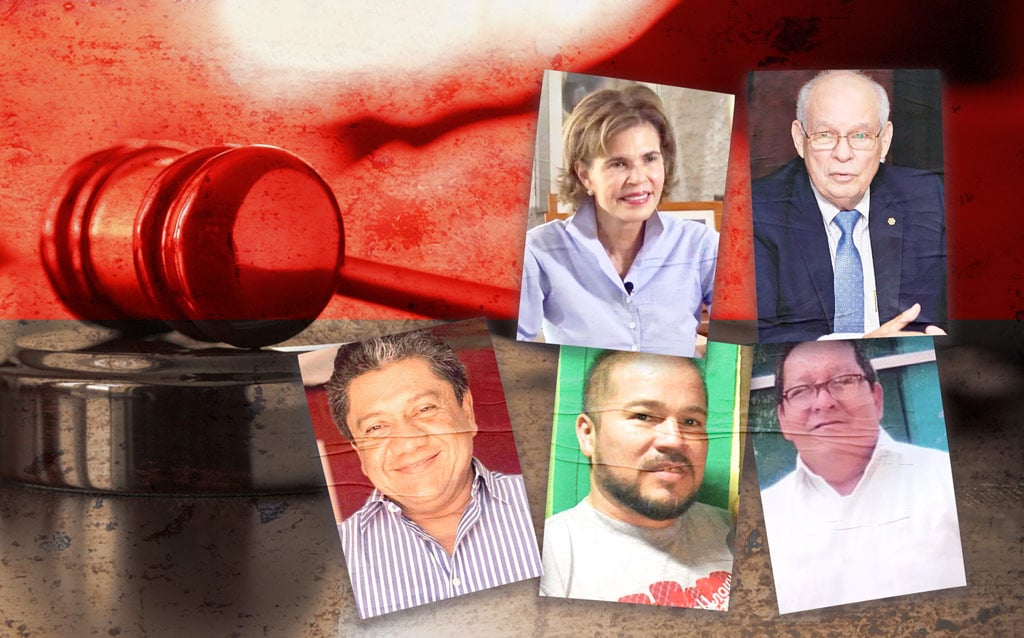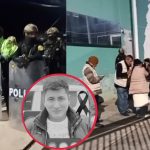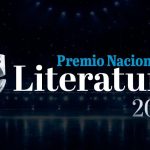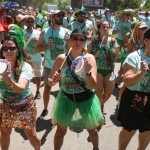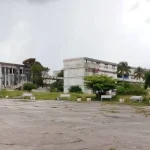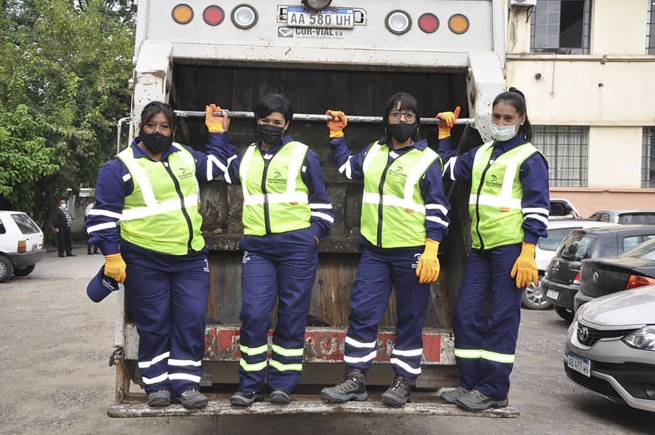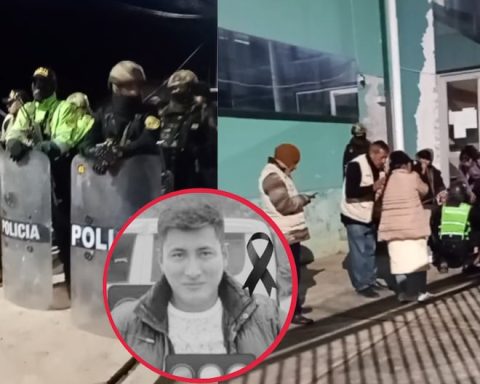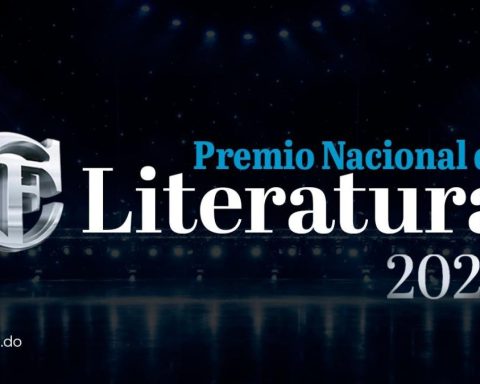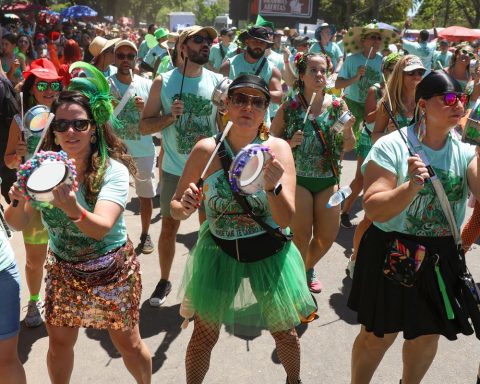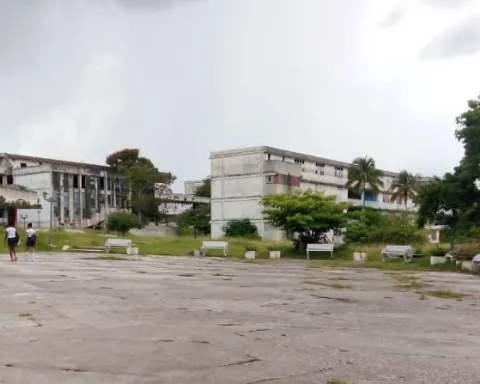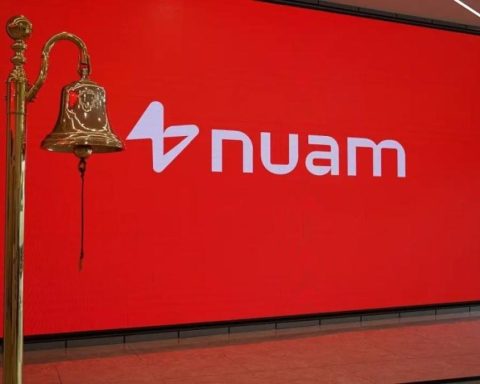At the end of a 10-hour day on Friday, March 11, Judge Luden Martín Quiroz, of the Ninth District Trial Court of Managua, “assessed” 3,000 pages of evidence and in less than 30 minutes had a sentence convicting Cristiana Chamorro Barrios, her brother Pedro Joaquín, Walter Gómez and Marcos Fletes —former financiers of the defunct Violeta Barrios de Chamorro Foundation (FVBCh)— and the driver Pedro Vásquez, assured lawyers aware of the process.
María Consuelo Céspedes, Gómez’s wife, felt anger and impotence at seeing so much “arbitrariness” and “injustice” due to the result of a trial that lasted seven days in its entirety and that she describes as full of irregularities and political bias, expressed in sessions 8 hours a day, while “the judge took 10 minutes to decide ‘guilty’”.
Thus ended the penultimate scene of a political trial for “money laundering” that the authorities fabricated in the last 290 days, which only remains the imposition of a sentence that will range between 7 and 13 years, at the request of the Prosecutor’s Office, depending of each defendant.
The judicial plot allowed the disqualification of Chamorro Barrios under false charges in a persecution that she attributed before her capture on June 2, 2021 Daniel Ortega’s fear of losing presidential votes.
For Norma Vega, the wife of Pedro Vásquez, another of those convicted, the sentence was like a blow that destroyed her plans and her dreams. “I dreamed that we would be together, that we would cultivate the land, but our dreams were all cut short. When they read the sentence, they took away my illusions, they shattered my peace. Pedro (Vásquez) has been and will be a wonderful, polite and helpful man. I will fight (for him) until God gives me strength.”
This is how they staged the farce in the case of FVBCh
According to the jurists consulted, the entire process of the FVBCh that began in June of last year was a “judicial farce” against Chamorro Barrios, in which the State also sought to intimidate 60 journalists who were summoned in the first months to testify about their relationship. with the Foundation, which the regime accused of diverting funds from the media program to finance actors seeking to “destabilize” the country.
“An effort of more than 20 years (to promote excellence in journalism) is criminalized, initiated by my mother, Doña Violeta Barrios de Chamorro, who at the end of her government wanted to continue doing her bit to honor her husband’s legacy. , Pedro Joaquín Chamorro Cardenal, assassinated for being a journalist and defending public liberties,” said the former presidential candidate, who is under house arrest and was found guilty of the alleged crimes of money laundering, appropriation and improper retention, for which prosecutors They asked for 13 years in prison.
Throughout the trial, it was notable that Judge Quiroz, in charge of the ninth district criminal trial court in Managua, ignored more than 1000 documents as evidence presented in favor of the accused for their defense. Nor did it take into account other considerations related to the physical and psychological deterioration of the detainees after months of confinement. and the concern of family members, as a result ofhe death on March 11 of retired General Hugo Torres, an anti-Somoza hero who died as a political prisoner of Ortega.
“The judicial farce lasted more than nine months, five Nicaraguan citizens were deprived of their liberty, who, as was shown in the trial, are innocent of all the crimes they have been accused of. The process that gave rise to this ruling was flawed from the start. The Police admitted that both the raids on the homes of the defendants, their detention, as well as the occupation of their property, was illegal since it was carried out without a prior court order, thus annulling all subsequent acts,” they explained.
The anomalies continued with the secret hearings in the El Chipote prison in which the accused were not even allowed to be represented by lawyers of their choice. The order was always to keep them isolated “without even knowing the content of the accusation.” Advocates said the judge was systematically petitioned for access to the libel, but never allowed. Silence was his answer.
After four months of being detained, the initial hearing was given, in which Judge Karen Chavarría had to decide if there were merits to take the case to trial. It was then that they were able to see their defenders, who met the accusation for the first time five minutes before the start of the session, along with a list of the alleged evidence.
Chavarría was recently included by the United States in the “Engel” list of visa restrictions for “subvert legal processes” to act against opponents. He was in charge of that initial phase from the ninth criminal district court of Managua when he ignored the accusations of illegal detention and violation of the presumption of innocence made against him.
More than a month after the initial hearing, according to the lawyers, the Prosecutor’s Office agreed to hand over copies of the alleged prosecution evidence. None of them were given all of them, contained in the exchange document. They were also unable to speak to their customers.
The requests to Judge Quiroz for the defenders to allow them to interview the accused were ignored between September 2021 and February 2022, as were the demands that they be examined by doctors to determine their state of health. During the nine months in detention, the defendants have been able to speak with their defense only when they have seen them in hearings for five minutes and in the presence of the police.
“When the defendants had served more than six months in prison, without a sentence being handed down, the defenders filed briefs requesting the immediate release of their defendants based on the Code of Criminal Procedure that establishes a maximum of six months for the duration of the trial. criminal process and stipulates that, if the trial has not concluded within that period, the defendants must be acquitted and released. All requests were ignored,” they lamented.
The “arguments” of the judge
On March 3, when the Nicaraguan Center for Human Rights (Cenidh) denounced that there was cruelty against Chamorro Barrios and the former workers of the FVBCh, the defense attorneys again demanded the release of the detainees and insisted on the violations of the rights of the defended. All the arguments were again dismissed, starting with the maximum term for the sentence that the judge failed to comply with—it was six months—and which he justified by saying that the failure was due to the fact that he had “an overloaded schedule.”
However, “judge Quiroz held at least 20 hearings of cases that were filed after the accusation against the members of the FVBCh,” added the defenders, who denounced that they were not allowed to enter computers and telephones in the hearings. They were also forced to body searches, unlike the good treatment lavished on prosecutors.
The judicial Chavarría and Quiroz are part of the machinery of judges, prosecutors, and police who complied with the political orders issued by Ortega who sentenced the accused in advance, calling the political prisoners on November 9, 2021 “sons of bitches of imperialism”. Among those prisoners of conscience there were seven presidential candidates, political, business and civil leaders, who were imprisoned in the months prior to the voting in which Ortega was re-elected without electoral competition.
The Public Ministry team was integrated in the FVBCh case by prosecutors Carlos Rafael Espinoza Castilla, Manuel de Jesús Rugama Peña and Giscard Antonio Moraga Guillén. All of them were unable to prove the state’s accusations, according to the sources.
The first civil witnesses confirmed before the judge at the beginning of the trial the innocence of the defendants, later the State fared worse when it cited to 16 policemen, who accepted that the information on which they based their search records had been provided by their bosses.
“When questioned by the defenders, the officers confessed that they had not participated in the acts to which the respective minutes signed by them attested, that is to say that they attested to something of which they were not certain. This in itself was enough to annul all the supposed evidence of the Prosecutor’s Office since any opinion made to it was null for not having certainty of the origin and identity of the objects seized and for the certain contamination of the evidence by having been in the possession of unknown persons,” they alleged.
The director of the Department of Registration and Control of Associations of the Ministry of the Interior (Migob), Franya Urey Blandón, also admitted that she could only testify about the referral to the Police of a report signed by Luis Carlos Hernández Mendoza, a financial analyst from the same institution.
When questioned by the defense, Hernández accepted that he had no knowledge of the case, beginning with “not having the credentials or the necessary preparation to carry out an audit of the type that was supposed to be contained in the report.” He said he was not an accountant, did not know the national accounting standards for the preparation of this type of document, he did not know who had provided him with the information to prepare it and accepted that “he had never prepared one of this type before.”
That Friday, March 11, 2022, the Public Ministry decided to dispense with part of its documentary evidence and then called Captain Jairo Ramírez Carrión, author of the preliminary investigation report and financial analysis of the Police, but he did not know either on the last day of trial. who had provided the information on which he based his report, while brazenly saying that he was “still working because his document was preliminary.”
The official confirmed that the origin of the funds from FVBCh donors such as USAID was legal and accepted that they have served to finance training projects for police officers, prosecutors and judges. “In the end, the expert in which the Prosecutor’s Office pinned its hopes, expressly stated that his report did not prove the existence of any crime,” the lawyers said.
